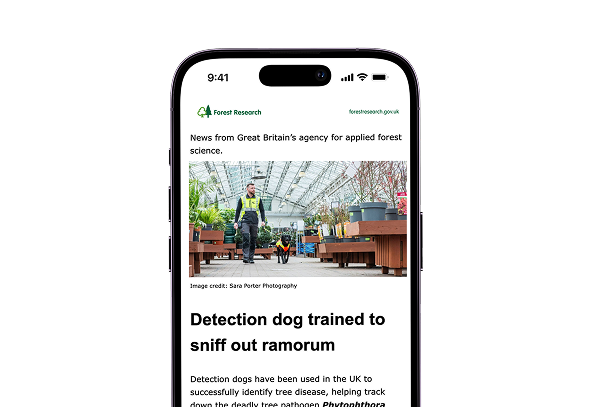News
Read our news and other articles relating to our activities. You can also find out what we’re up to by following @Forest_Research on Twitter or through the Forest Research Vimeo channel and our LinkedIn Page.
Read our news and other articles relating to our activities. You can also find out what we’re up to by following @Forest_Research on Twitter or through the Forest Research Vimeo channel and our LinkedIn Page.
Recently published research in the Journal of Fungi reveals the destructive tree pathogen Phytophthora ramorum originates from the laurisilva forests of East Asia.
The FUTURE OAK project, comprising scientists at Bangor University, Aberystwyth University, Forest Research and Sylva Foundation, will study how oak microbiomes are affected by environmental change and disease.
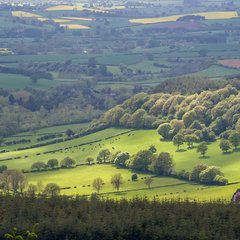
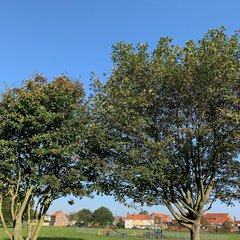
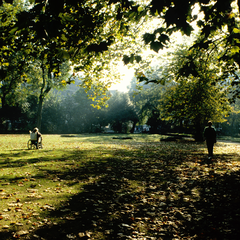
Forest Research has carried out a survey and interviews to find out if the COVID-19 restrictions of spring to early autumn 2020 led to changes in people’s interactions with trees, woodlands and wider nature. The research illustrates the important role that trees, woodlands and wider nature can play as part of people’s everyday lives and in supporting and protecting their wellbeing under the very difficult circumstances of a global pandemic.
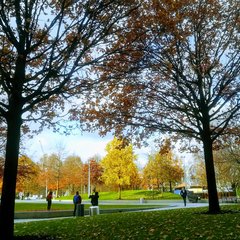
Newly published research from Forest Research explores changes in tree canopy cover since the 1940s for ten urban areas across Great Britain.
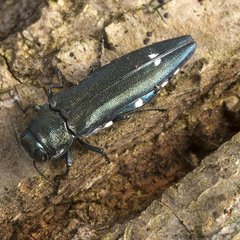
Research finds that when bacteria and beetle larvae associated with acute oak decline were used to infect oak logs, there was a significant increase in the variety and abundance of damaging genes expressed by the bacteria, particularly those of Brenneria goodwinii, the main bacterial culprit in causing the stem rot associated with acute oak decline.
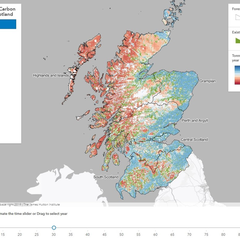
Researchers at the James Hutton Institute, Forest Research and the University of Aberdeen have developed a new way to quantify the potential carbon storage for eleven different forestry management alternatives in Scottish locations using a novel spatial analysis method.
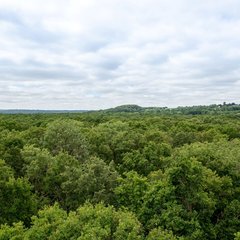
Forest Research collaborate with Defra and Vodafone to pilot new generation of tree growth monitors

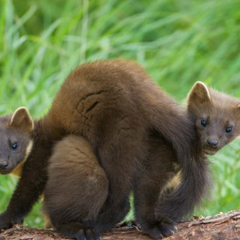
A pioneering new project to investigate the health of our British oak trees has been given the go-ahead.
Subscribe to our mailing list to have the latest news, research and publications sent directly to your inbox.
